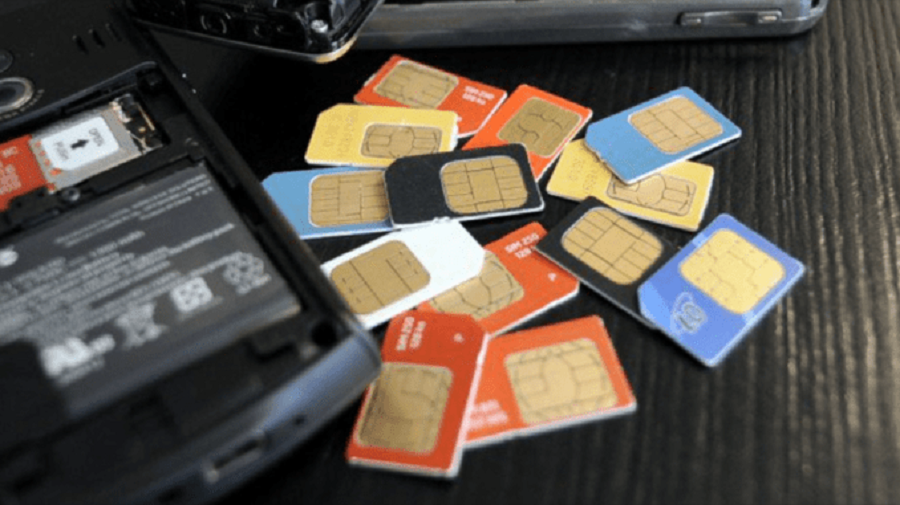The Nigerian Communications Commission (NCC) has introduced a new draft requiring telecommunications operators (telcos) to develop solutions that prevent customers from losing their unused airtime.
NCC announced the ‘Draft Guidance on Unutilised and Unclaimed Recharges’ during a high-level virtual stakeholders’ engagement forum on Tuesday.
The commission said the aim is to strengthen consumer protection in Nigeria’s rapidly evolving telecom sector.
Speaking at the event, Aminu Maida, the executive vice chairman (EVC) of NCC, said the commission was taking proactive steps to address unused prepaid credit on inactive lines, an issue that impacts millions of subscribers nationwide.
Maida, who was represented by Rimini Makama, executive commissioner, stakeholder management, emphasised the rapid growth of mobile subscriptions and the dominance of prepaid plans.
“With the widespread reliance on mobile services, prepaid plans have provided millions of Nigerians with flexibility and affordability,” he said.
“However, as the sector evolves, and in line with our commitment to ensuring quality of experience for telecom consumers, we must address emerging challenges, especially those that may compromise consumer rights.
“One of such is the fate of prepaid balances when accounts become inactive.
“Striking the right balance between safeguarding consumer rights, ensuring effective regulatory oversight, and maintaining industry sustainability requires a collective effort, and this forum presents an opportunity to explore practical solutions on this subject.
“The Quality-of-Service Business Rules 2024 stipulates that a prepaid line without a revenue generating event for six months must be deactivated, and if inactivity persists for another six months, the line may be recycled.
“Subscribers have the right to reclaim their unused credit within one year, provided they can demonstrate ownership.
“It has become critical to ensure that consumer interests are not eroded through forfeiture of unused credit.”
Maida also said the commission is committed to fostering a fair, transparent, and consumer-centric telecommunications landscape.
In her remarks, Chizua Whyte, NCC’s head of legal and regulatory services, who presented the draft, said it outlines clear procedures for managing inactive subscriber accounts.
Whyte said operators will be required to carry out comprehensive audits of all churned numbers, ensure unused airtime is offered back to subscribers through service alternatives, and strictly avoid monetising forfeited recharges.
“The issue of unutilised and unclaimed recharges on churned subscriber lines represents both a consumer protection challenge and a regulatory opportunity,” she said.
“When subscribers are disconnected after extended periods of inactivity as defined by our quality of service regulations, many leave behind unused credits.
“This draft guidance seeks to establish clear, fair, and transparent procedures for managing these funds, ensuring that subscribers maintain rightful access to their purchased credits while providing operators with regulatory clarity.”
According to NCC, the draft guidance entails that operators notify subscribers of the plan to allow service options for dumed subscribers
“All unclaimed and unutilized recharges cannot be monetised but affected subscribers may be given service options, which includes voice offerings, data plans and value-added services using the unutilized recharges after chumming by the primary network and cannot be transferred across networks,” NCC said.
“Operators must implement consumer education campaigns to inform subscribers about the new approach to managing unclaimed and unutilised recharges.
In terms of the compliance deadline, NCC said “operators must meet all prescriptions of this Guidance within ninety (90) days from the date of issuance”.
“The commission will review all audit reports of unutilised recharges within ten (10) working days,” it added.
“The commission will conduct periodic audits and inspections to ensure compliance with this guidance.
“Non-compliance will result in penalties, including fines, other regulatory actions as set out in the Act.”
NCC said the final guidance is expected to be refined based on stakeholders’ input and formally adopted in the coming months.



